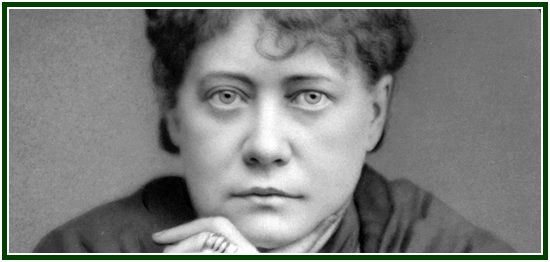
The Study of Theosophy Brings About
a Peace that Never Leaves the Pilgrim
Carlos Cardoso Aveline

* Losing too much time with short term issues brings about frustration sooner or later. Common sense invites us to take advantage of the opportunities and learn about our own higher and spiritual nature.
* Building a bridge to the eternal is the foundation of inner freedom. Here and now life has a better flavour if it is part of an unlimited horizon.
* The experience of dignity emerges from stability and strength, and feeds on self-respect.[1] On the other hand, self-restraint and tapah (austerity) are necessary for one to attain inner stability.
* There is a peace that transcends all understanding. It emerges when thoughts and feelings are unconditionally honest, and when they point with unperturbed persistence to the highest and the most sacred. In such a case the inner equilibrium generates a limitless silence in one’s soul. And silence, sustained by the power of renunciation, produces a kind of contentment that no words can describe.
* If you see confusing situations multiplying around you, choose simplicity. Noisy events are often meaningless. Concentrate your soul and your actions on that which is innerly meaningful to you, in the long term.
* Whenever your agenda gets too complex, avoid unnecessary complications. Preserve your sense of direction with regard to that which has supreme importance. In case the wheel of life gets excessively agitated, place yourself in the silent center of the wheel. On that point, peace and wisdom can be found regardless of outward circumstances. Your best counsellor is the voice of your conscience.
* Detachment from circumstances expands our ability to be creative and independent.
* North-American astrologer Marc Edmund Jones wrote that human beings have a tendency to manifest their true essence through the actions of everyday life. According to him, once there is good sense, we see we have deep resources with which to “conjure our desired reality into being”. The simplest things of life can be used to surmount momentary obstacles.[2]
Theosophy and Calmness
* The study of theosophy gradually brings about a peace that never leaves the pilgrim. The center of gravity of his life gradually moves away from the ups and downs of external reality and establishes itself on a firm foundation.
* Through the study of philosophy people who have unstable thoughts and emotions can find peace. Theosophy shows them that the energy of calmness is born from one’s soul, and endures.
* As the pilgrim’s view of life gets wider and deeper, external tempests cease to disorient his mind. Psychological wounds lose importance. Life is still probationary, but his feeling of well-being deepens.
* An ability to be grateful enlightens one’s soul and makes contentment stronger. As a result, self-responsibility becomes central. The individual begins to invisibly radiate to others the peace he has within.
Practical Action
* Theosophy enlightens daily life. Re-examine the above text and select those sentences which you can see now as especially meaningful. Write down in a note-book those ideas. Tell a friend about the topic.
NOTES:
[1] To meditate on this, see “Sagittarius 5” on p. 215 of the book “The Sabian Symbols in Astrology”, by Marc Edmund Jones, Aurora Press. Santa FE, NM, USA, 1993.
[2] See “The Sabian Symbols in Astrology”, Marc Edmund Jones, 437 pages, Aurora Press, Santa Fe, New Mexico, USA, copyright 1993, p. 195.
000
Print the texts you study from the associated websites. Reading on paper helps us attain a deeper view of philosophical texts. When studying a printed text, the reader can underline sentences and make handwritten comments in the margins that link the ideas to his personal reality.
000
The above article was published as an independent item in the associated websites on 13 November 2022. An initial version of it – with no indication as to the name of the author – is part of the December 2020 edition of “The Aquarian Theosophist”, pp. 12-14.
000
Read more:
* The Shock Doctrine, by James Richards.
* Other writings of Carlos Cardoso Aveline.
000

Helena Blavatsky (photo) wrote these words: “Deserve, then desire”.
000